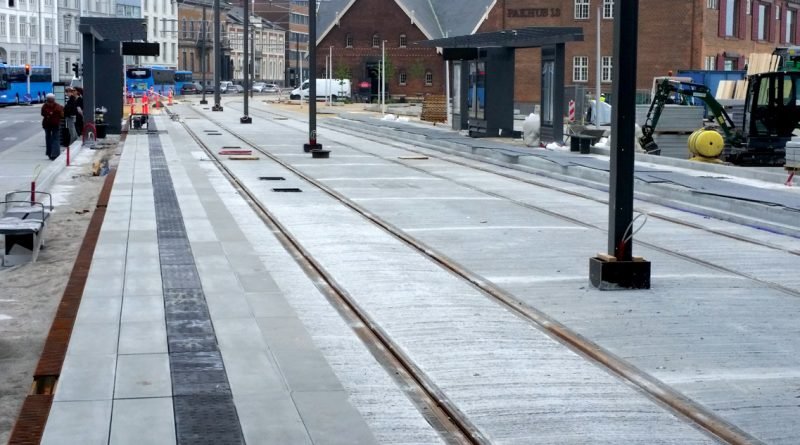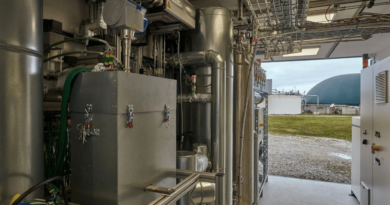Concreting – cheaper and more rational
Effective and rational – that is how IN FATIS specialists could explain the decision to replace the steel fibres and reinforcement mesh used in concreting with polypropylene fibres, which are quite a bit lighter but are on par with metal in terms of their properties.
IN FATIS manages the PP Baltic brand, and is the official partner of Adfil – the Belgian manufacturer of polypropylene fibres and filament – in Lithuania, Latvia and Estonia. Adfil belongs to the Low & Bonar Group.
Concrete products reinforced with polypropylene fibres can be used for concreting floors, pitches and access roads, for foundations and airport and seaport grounds, in the construction of agricultural buildings and fish farms, for various reinforced concrete products, and so on.
Compared to steel, the polypropylene fibre dosage required to maintain the same structural strength characteristics is considerably lower. For example, 20–30 kg/m³ of steel fibres can be replaced by 2–4 kg/m³ of polypropylene fibres, depending on the project.
Polypropylene fibres save precious time and money by eliminating the need for reinforcement mesh before concreting.
Steel fibres and reinforcement mesh can be affected by corrosion, which results in the concrete product losing some of its properties, weakening the structures. Polypropylene fibres are also resistant to cold, moisture, water, salt and other chemical substances.
Polypropylene fibres form a unique 3D grid in the concrete and distribute evenly in the concrete layer. The concrete layer is much easier to process when it is covered with a surface layer, such as an acrylic or epoxy coating.
Durus® polypropylene fibres are designed for reinforcing concrete. The most frequently used dosage is 2–4 kg/m³. These polypropylene fibres are designed to replace the widely used steel fibres and reinforcement mesh, which makes concrete reinforce-ment cheaper and improves reinforcement properties. Available in lengths from 30 to 55 mm.
Crackstop® monofilament polypropylene fibres are designed for micro-crack control during the initial stage of concrete setting, better surface protection, and better freeze-thaw cycle control. The dosage is 0.6–0.91 kg/m³.
Ignis® polypropylene fibres are a good solution for buildings with a high fire risk. In the event of a fire, the fibres melt, creating micro-channels in the concrete through which the moisture and steam pressure can exit, thus avoiding the risk of the concrete exploding.
Not only does PP Baltic offer alternatives to reinforcement mesh and metal fibres – it also provides additional services: project preparation consultations and calculations on the part of the project where polypropylene fibres are planned to be used. All calculations provided by the company are insured. And finally, you don’t have to worry about maintenance of the concrete work where polypropylene fibres supplied by PP Baltic are used – the company’s specialists will do that for you.
Contact us:
UAB In Fatis
Address: Savanorių pr. 124, Vilnius
E-mail: info@ppbaltic.lt
Tel. +370 685 62 655








